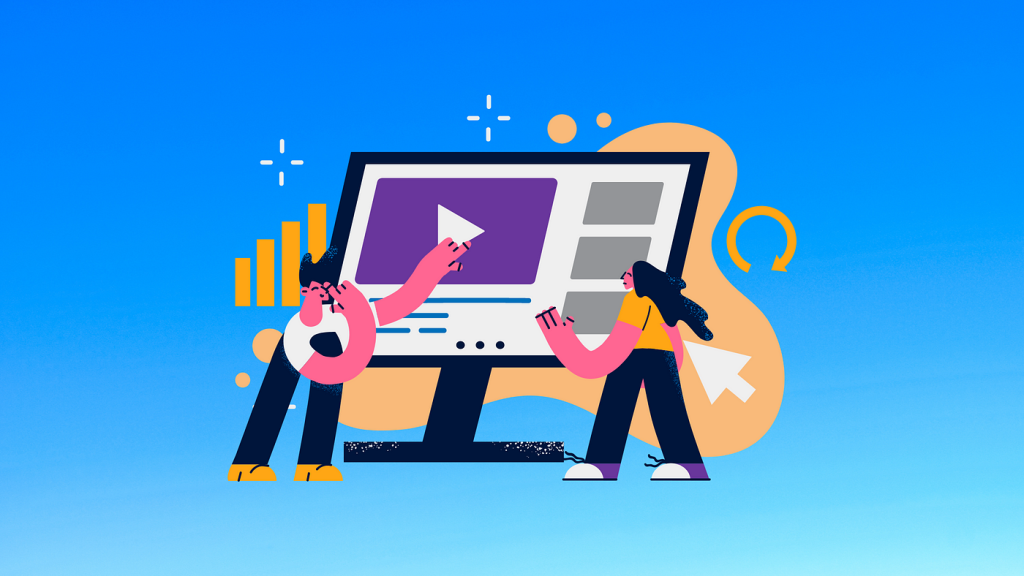
Artificial Intelligence (AI) has rapidly transformed the landscape of technology, business, and our daily lives. One of the most exciting aspects of this transformation is the proliferation of AI tools. These tools are designed to enhance productivity, streamline processes, and solve complex problems across various industries. In this blog post, we will explore the world of AI tools, their applications, and the potential they hold for the future.
The AI Tool Landscape
AI tools encompass a wide range of applications and functionalities, making them versatile and adaptable to various industries. Here are some key categories of AI tools:
- Natural Language Processing (NLP) Tools: NLP-based AI tools can understand, interpret, and generate human language. They are used in applications such as chatbots, sentiment analysis, language translation, and content generation.
- Computer Vision Tools: Computer vision AI tools enable machines to analyze and understand visual data. They find applications in facial recognition, object detection, autonomous vehicles, medical imaging, and more.
- Machine Learning Frameworks: These tools provide a framework for building and training machine learning models. Popular frameworks like TensorFlow and PyTorch are used for tasks like image classification, speech recognition, and recommendation systems.
- Data Analytics and Business Intelligence Tools: AI-powered analytics tools help businesses make data-driven decisions by processing and visualizing large datasets. They can uncover insights, predict trends, and optimize operations.
- Virtual Assistants and Chatbots: Virtual assistants like Siri, Alexa, and chatbots powered by AI are becoming integral to customer service, providing 24/7 support and enhancing user experiences.
- Robotics Process Automation (RPA): RPA tools automate repetitive tasks, freeing up human workers to focus on more strategic activities. They are used in finance, healthcare, and customer support, among other industries.
Applications Across Industries
The impact of AI tools can be witnessed across a multitude of industries:
- Healthcare: AI tools assist in medical diagnosis, drug discovery, and patient care. They can analyze medical images, predict disease outbreaks, and personalize treatment plans.
- Finance: In the financial sector, AI tools are used for fraud detection, algorithmic trading, credit scoring, and risk assessment.
- Retail: AI tools enhance the customer shopping experience through personalized recommendations, inventory management, and demand forecasting.
- Manufacturing: AI-powered robotics and automation tools optimize production processes, reduce downtime, and improve quality control.
- Education: AI-based educational tools provide personalized learning experiences, adapt to individual student needs, and offer real-time feedback.
- Marketing: AI tools enable marketers to analyze consumer behavior, target advertisements more effectively, and predict market trends.
The Future of AI Tools
The future of AI tools is poised to be even more transformative. Here are some key trends to watch for:
- AI Ethics and Bias Mitigation: As AI tools become more prevalent, addressing ethical concerns and mitigating biases will be critical. Efforts are underway to ensure fairness, transparency, and accountability in AI systems.
- Edge AI: AI tools will increasingly be deployed at the edge, closer to the data source, enabling faster decision-making and reduced reliance on cloud infrastructure.
- AI in IoT: The combination of AI and the Internet of Things (IoT) will open up new possibilities in smart homes, smart cities, and industrial automation.
- Quantum Computing and AI: The development of quantum computing will enable AI tools to solve complex problems that are currently beyond the reach of classical computers.
Conclusion
AI tools are revolutionizing the way we work, live, and interact with technology. Their diverse applications across industries are reshaping our world, making processes more efficient, decisions more informed, and experiences more personalized. As AI continues to advance, the possibilities for AI tools are virtually limitless, and they will undoubtedly play a central role in shaping the future of technology and society. Embracing this AI revolution and harnessing the power of AI tools will be essential for businesses and individuals alike.




